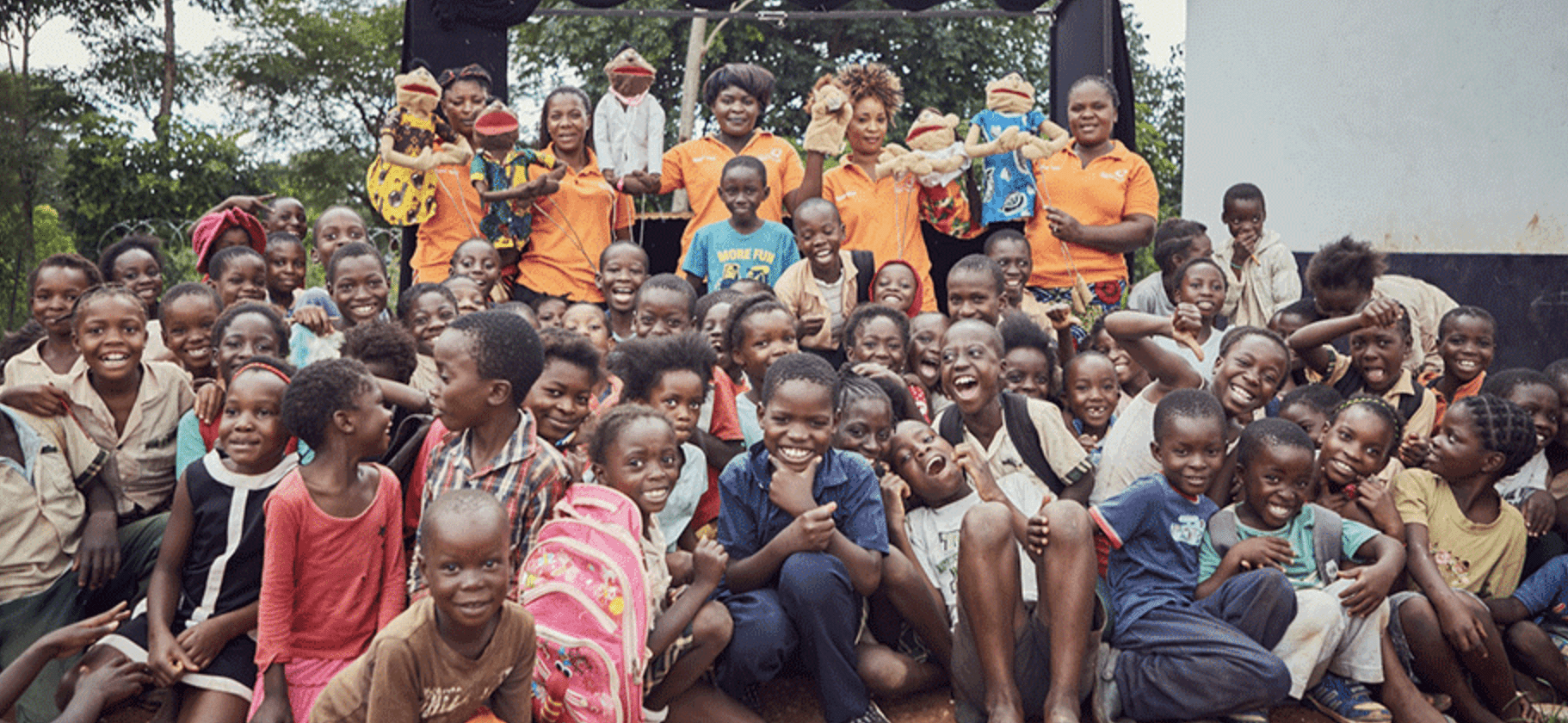We’d like to welcome Good Neighbors to the KCS members’ network.
Good Neighbors exists to make the world a place without hunger, where people live together in harmony. The organisation fosters respect for the human rights of our neighbours suffering from poverty, disasters and oppression, helps them to achieve self-reliance and enable them to rebuild hope.
Currently, the organisation works in 192 communities in 48 countries, with a focus on an inclusive community development approach and child protection.
Good Neighbors has attained General consultative status with United Nations Economic and Social Council (UN ECOSOC) in 1996. In recognition of valuable efforts in providing universal primary education over the world, Good Neighbors was awarded the Millennium Development Goals (MDG) Award by the International Association of Economic and Social Councils and Similar Institutions (AICESIS) in 2007.
They also work in cooperation with partners including UN World Food Program (UN WFP), UN Refugee Agency (UNHCR), UN Development Program (UNDP), UN Capital Development Fund (UNCDF) and other aid agencies.
Here are some statistics about Good Neighbors:
- Africa: Operation in 13 Countries, 55 Community Development Projects implemented; 58,884 Sponsored Children reached
- Latin America & Caribbean: 7 Countries; 28 Community Development Project implemented; 31,299 Sponsored Children reached
- Asia: 19 countries; 101 Community Development Projects implemented; 121,389 Sponsored Children reached.
In 2020, Good Neighbors has 3,855 staff excluding those based in Korea, improved the education for 1,000,257 children, and protected 92,725 children from violence, abuse, discrimination, and other threats.
As always, we welcome their comment on why they decided to join the KCS members’ network:
What made you decide to join the KCS members’ network?
As a way of enhancing our organisation’s accountability and safeguarding responsibility, we believed joining the KCS is a first step to improving our safeguarding procedures. When developing our safeguarding policy last year, we also needed outside experts to review the policy and so contacted the network manager for their support. We, our leadership and staff involved, mutually agreed that having implementing procedures and measures in place as well as a robust policy document is crucial, so we were greatly interested in joining the KCS to seek further support and become an organisation who can also help other organisations in need in the future.
What is your key driver to implementing child safeguarding?
Even if we have set out our own safeguarding policy and procedures, we acknowledge that any risks or harm may still take place across our organisation. To make our organisation safer and more accountable for our program participants and staff, we strongly believe how we address and respond to those risks is very critical. We are committed to sharing our responsibility to safeguarding with our leadership and staff members and ensuring that all the necessary procedures are in place to respond appropriately, and all our staff and partners are well aware of how to report and respond.
Where do you think your organisation will be regarding child safeguarding in a year?
We have set the year 2021 as a “set-up” phase for safeguarding and this year as an “embedding” phase for safeguarding. So, we mainly aim to support all Good Neighbors’ partner countries to effectively roll out the safeguarding in every work we do, and to build the capacity of the designated safeguarding focal points.
What message do you want to tell your staff, donors and the wider world?
We believe that the key mission of civil society organisations (CSOs) involved in humanitarian and international development is to make the lives of those free from exploitation, poverty, inequality and respect and prioritize their dignity, safety and well-being in every work we do wherever we are in the world. We, however, acknowledge that there have been numerous sexual harassment, exploitation and abuse cases along with humanitarian international development history. Thus, we need to work together to ensure the highest standards on safeguarding are applied and create a safe organisational culture to prevent abuse happening in the first place, and respond appropriately if it happens.
